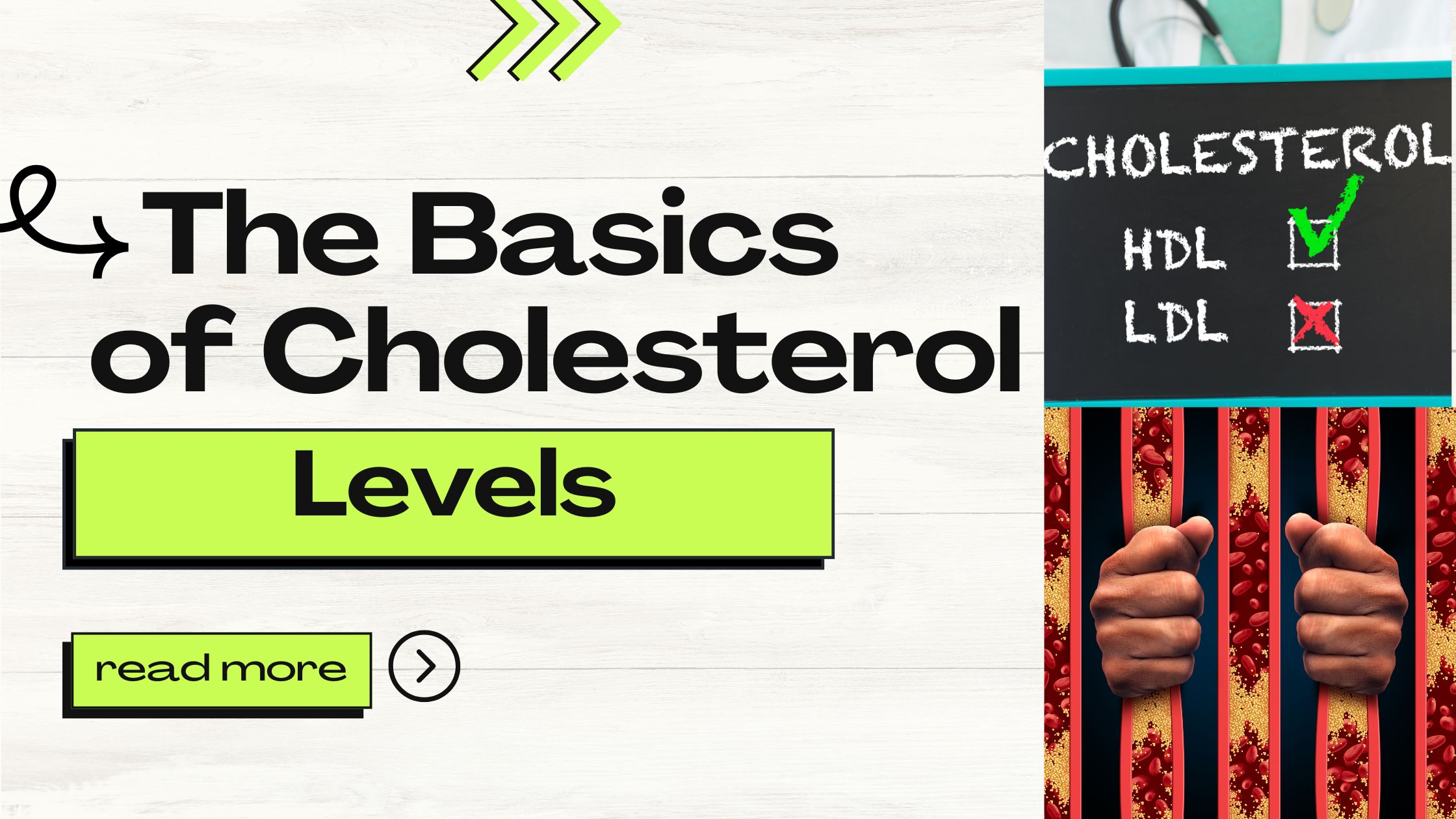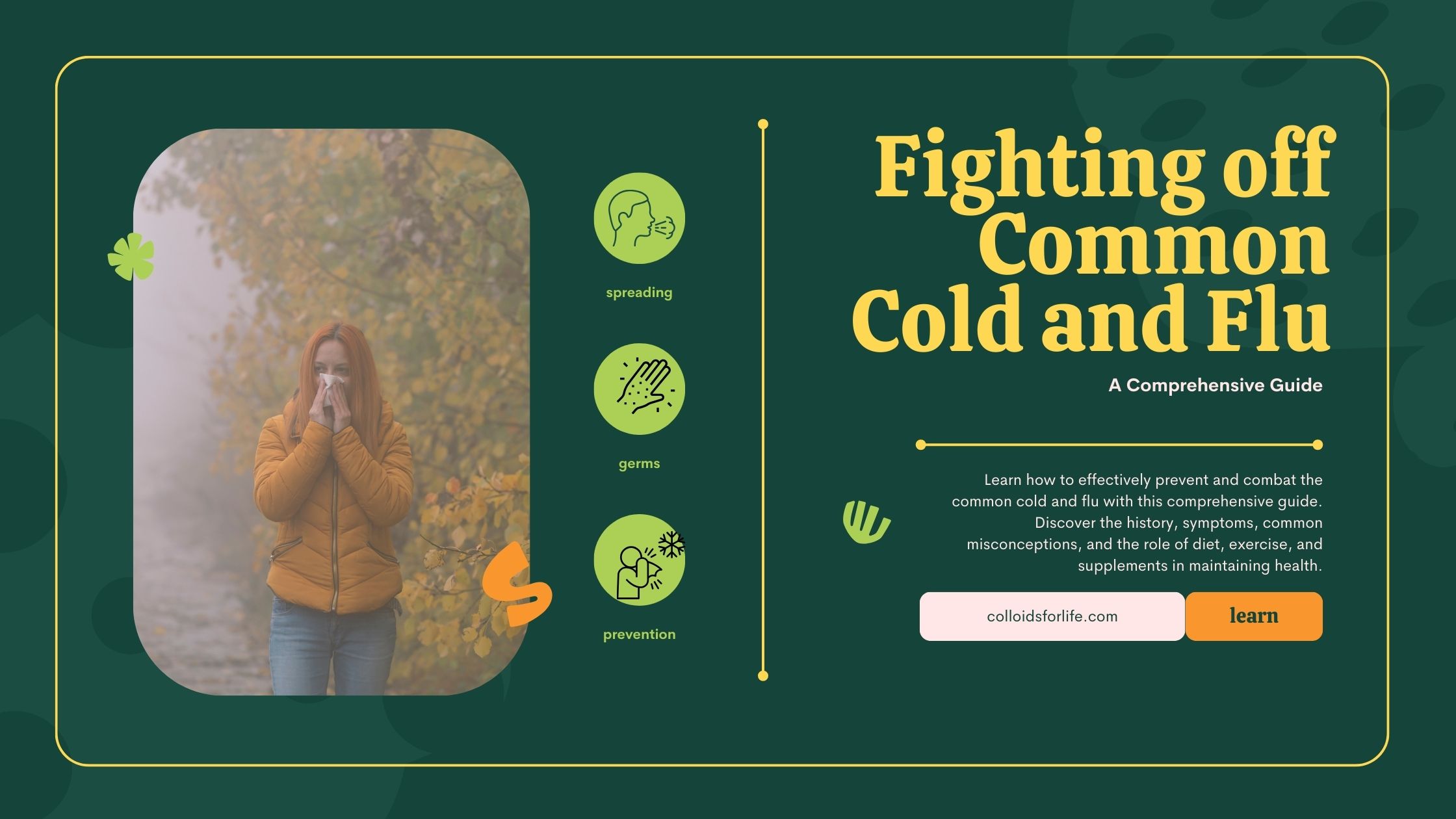
Managing cholesterol levels is a crucial aspect of maintaining heart health. Many people strive to avoid high cholesterol by following a cholesterol-lowering diet, taking medications, or incorporating natural methods such as consuming phytosterols. However, it's important to understand that cholesterol itself plays a vital role in a healthy body. This guide will break down the basics of cholesterol, its significance, and practical tips for managing your cholesterol levels effectively.
What is Cholesterol?
Cholesterol is a waxy, fat-like substance produced by the liver and found in certain foods. It is essential for the body as it plays a role in building cell membranes, producing hormones, and synthesizing vitamins. Despite its bad reputation, cholesterol is necessary for various bodily functions.
Types of Cholesterol
There are two main types of cholesterol to be aware of:
- Low-Density Lipoprotein (LDL) - "Bad" Cholesterol:
- LDL cholesterol can build up on the walls of your arteries, forming plaques. These plaques can narrow your arteries and make them less flexible, leading to atherosclerosis, which increases the risk of heart attack and stroke.
- High-Density Lipoprotein (HDL) - "Good" Cholesterol:
- HDL cholesterol helps remove LDL cholesterol from your arteries, transporting it back to the liver where it can be processed and eliminated from the body. High levels of HDL cholesterol can reduce the risk of heart disease.
Why Cholesterol Levels Matter
Balancing your cholesterol levels is crucial for heart health. Too much LDL cholesterol can lead to plaque buildup in arteries, increasing the risk of cardiovascular diseases. Conversely, maintaining high levels of HDL cholesterol helps protect against heart disease.
Factors Affecting Cholesterol Levels
-
Age: Cholesterol levels can naturally increase as you age. Men aged 45 and older and women aged 55 and older are at higher risk of high cholesterol.
-
Diet: Consuming foods high in saturated and trans fats can raise your LDL cholesterol levels. Conversely, diets rich in fruits, vegetables, and lean proteins can help manage cholesterol.
-
Weight: Being overweight can increase your LDL cholesterol levels and lower your HDL cholesterol levels. Losing weight can help improve your cholesterol profile.
-
Physical Activity: Regular exercise can help raise HDL cholesterol and lower LDL cholesterol.
-
Genetics: Family history can play a significant role in your cholesterol levels. Some individuals may have high cholesterol due to genetic factors.
Understanding Cholesterol Management
-
Dietary Choices:
- Focus on consuming a diet rich in fruits, vegetables, whole grains, and lean proteins.
- Limit intake of foods high in saturated fats and trans fats, such as red meat, full-fat dairy products, and processed foods.
- Include sources of healthy fats, such as avocados, nuts, and olive oil.
-
Incorporating Phytosterols:
- Phytosterols, or plant sterols, can help block the absorption of cholesterol in the intestines. They are found in small amounts in many plant-based foods, such as nuts, seeds, fruits, and vegetables. They are also available as supplements.
-
Lifestyle Modifications:
- Maintain a healthy weight through a balanced diet and regular physical activity.
- Avoid smoking, as it can lower HDL cholesterol levels.
- Limit alcohol consumption, as excessive drinking can lead to high cholesterol and triglyceride levels.
-
Regular Monitoring:
- Have your cholesterol levels checked regularly, especially if you have risk factors for heart disease. Your doctor can provide personalized recommendations based on your cholesterol levels and overall health.
Practical Tips for Lowering Cholesterol
-
Eat More Fiber: Foods high in soluble fiber, such as oats, beans, and lentils, can help reduce LDL cholesterol levels.
-
Choose Lean Proteins: Opt for lean meats, poultry without skin, fish, and plant-based proteins like beans and lentils.
-
Use Healthy Oils: Replace butter and lard with healthier oils like olive oil, canola oil, and sunflower oil.
-
Exercise Regularly: Aim for at least 150 minutes of moderate-intensity exercise each week, such as brisk walking, cycling, or swimming.
FAQs About Cholesterol
Q: What are normal cholesterol levels? A: Ideal cholesterol levels are:
- Total cholesterol: Less than 200 mg/dL
- LDL cholesterol: Less than 100 mg/dL
- HDL cholesterol: 60 mg/dL or higher
Q: Can cholesterol levels be too low? A: Yes, extremely low cholesterol levels can be harmful and may increase the risk of certain health problems. It is essential to maintain balanced cholesterol levels.
Q: How often should I get my cholesterol checked? A: Adults should have their cholesterol checked every 4-6 years. However, those with risk factors for heart disease may need more frequent testing.
Q: Are cholesterol medications safe? A: Cholesterol-lowering medications, such as statins, are generally safe and effective. However, they may have side effects. Discuss with your doctor to determine the best treatment plan for you.
ts.









